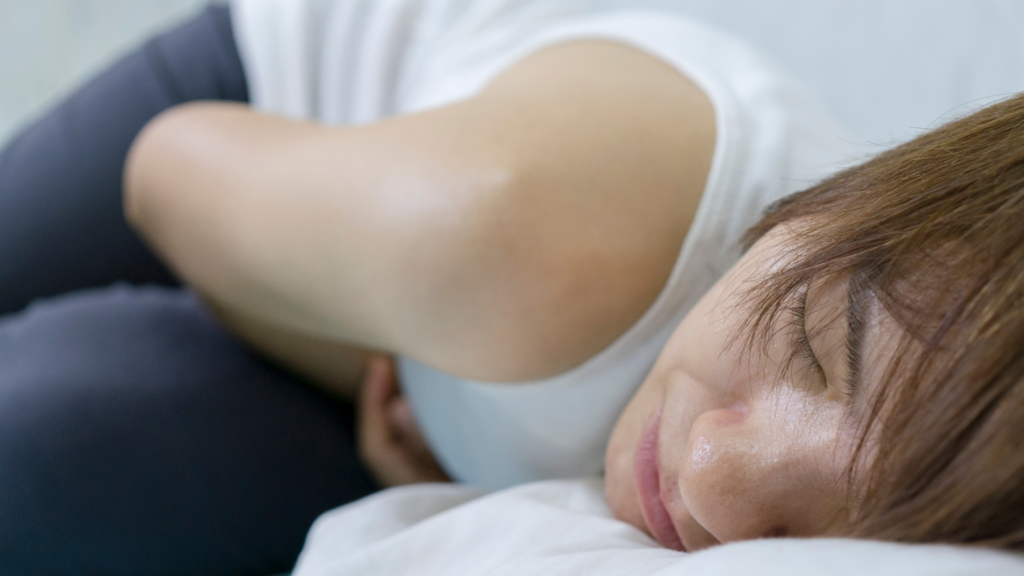Billing Inquiries: 516-673-4706
1 HOLLOW LANE, SUITE 315, LAKE SUCCESS, NY 11042

Signs of a Yeast Infection

A yeast infection is caused by the fungus Candida Albicans. While you can get a yeast infection from sexual contact, it is not considered an STD since you can develop a yeast infection without engaging in sexual acts. Yeast infections are incredibly common, with 75% of females experiencing them at some point in their lifetime. To learn how our Queens OBGYN Specialist can help you, contact Women4Women today to learn more.
How Can Our Queens OBGYN Specialist Help You?
The most common method of treating a yeast infection is through antifungal therapy. These antifungal treatments come in the form of creams, ointments, tablets, and suppositories. Some of these treatments are over-the-counter, while others need a prescription from a medical doctor. Some of these treatments are:
- Vagistat-1
- Terazol
- Diflucan
Sometimes a yeast infection can be a little tricky to treat, referred to as a complicated yeast infection, needing a longer treatment course. This can be caused by an autoimmune disease, current medications, pregnancy, or have uncontrolled diabetes. You may be given a 14-day course of a vaginal antifungal cream or a six-week dose of a fluconazole medication, taken weekly. If you’re looking for a Queens OBGYN Specialist, Women4Women is experienced, and we can develop a course of treatment specifically for you.
Many signs can indicate that you have a yeast infection. While not everyone develops all of the same symptoms, most of them are very common. If you believe you may have a yeast infection, call a Queens OBGYN Specialist, like Women4Women, to confirm your suspicion.
Itching and Irritation in the Vagina and Vulva
If you are experiencing an itch or other types of irritation in your vagina or Vulva, this is a sign that something may be wrong. While there are a few reasons you may be experiencing itchiness and irritation in your vagina or Vulva, such as a sexually transmitted disease, the most common cause is a yeast infection.
Burning
Burning, especially during intercourse or while urinating, isn’t something that should happen normally. This is a very common symptom of yeast infections. As a Queens OBGYN Specialist, Women4Women can help determine if a yeast infection is causing the burning.
Redness and Inflammation of the Vulva
The Vulva comprises the Labia Majora, Labia Minora, and the Clitoris. If this area is inflamed or has an unusual redness, this may signal the presence of a yeast infection.
Pain and Soreness
Pain and soreness of the vagina are indicative of a yeast infection. The pain of the vagina is not usually considered normal, an exception being menstruation, and should be checked over by a Queens OBGYN Specialist.
Rash
A rash caused by yeast infection can cause more serious skin conditions such as vaginal sores and blisters. This can be an extremely painful symptom and should be addressed as soon as possible.
Discharge
Vaginal discharge is completely normal and can occur because of sexual intercourse, menstruation, or vaginal hygiene products. However, if you have developed a thick, white, cottage cheese-like discharge that is odor-free is a common symptom associated with a yeast infection. Additionally, a watery vaginal discharge can still be a sign that you have developed a yeast infection.
Signs of a Complicated Yeast Infection
A complicated yeast infection needs a more in-depth treatment. There are a few signs that you may be experiencing complicated yeast infections. A common sign that you are experiencing a complicated yeast infection is developing four or more yeast infections per year. If the fungus causing your yeast infection is less common than the usual fungus candida Albicans, that may point to you having a complicated yeast infection. Some other signs that you may have a complicated yeast infection are:
- Tears, cracks, or sores in and around the vagina,
- Your yeast infection does not respond to over the counter treatments,
- You have underlying conditions such as HIV, diabetes, or obesity,
- If you have a poor diet,
- Lack or insufficient vaginal hygiene, or
- You are pregnant
Queens OBGYN Specialist
As a Queens OBGYN Specialist, Women4Women has treated an extensive amount of yeast infections. We have a lot of experience treating yeast infections that are easy to treat, and we also have a lot of experience with tough to treat yeast infections. We understand that having a yeast infection can be difficult, and we are here to make sure you receive proper care and recover as quickly as possible.

